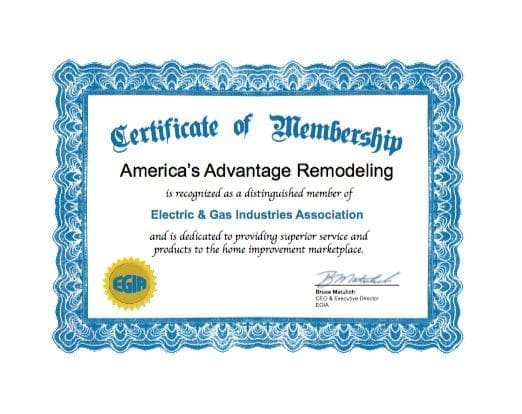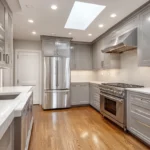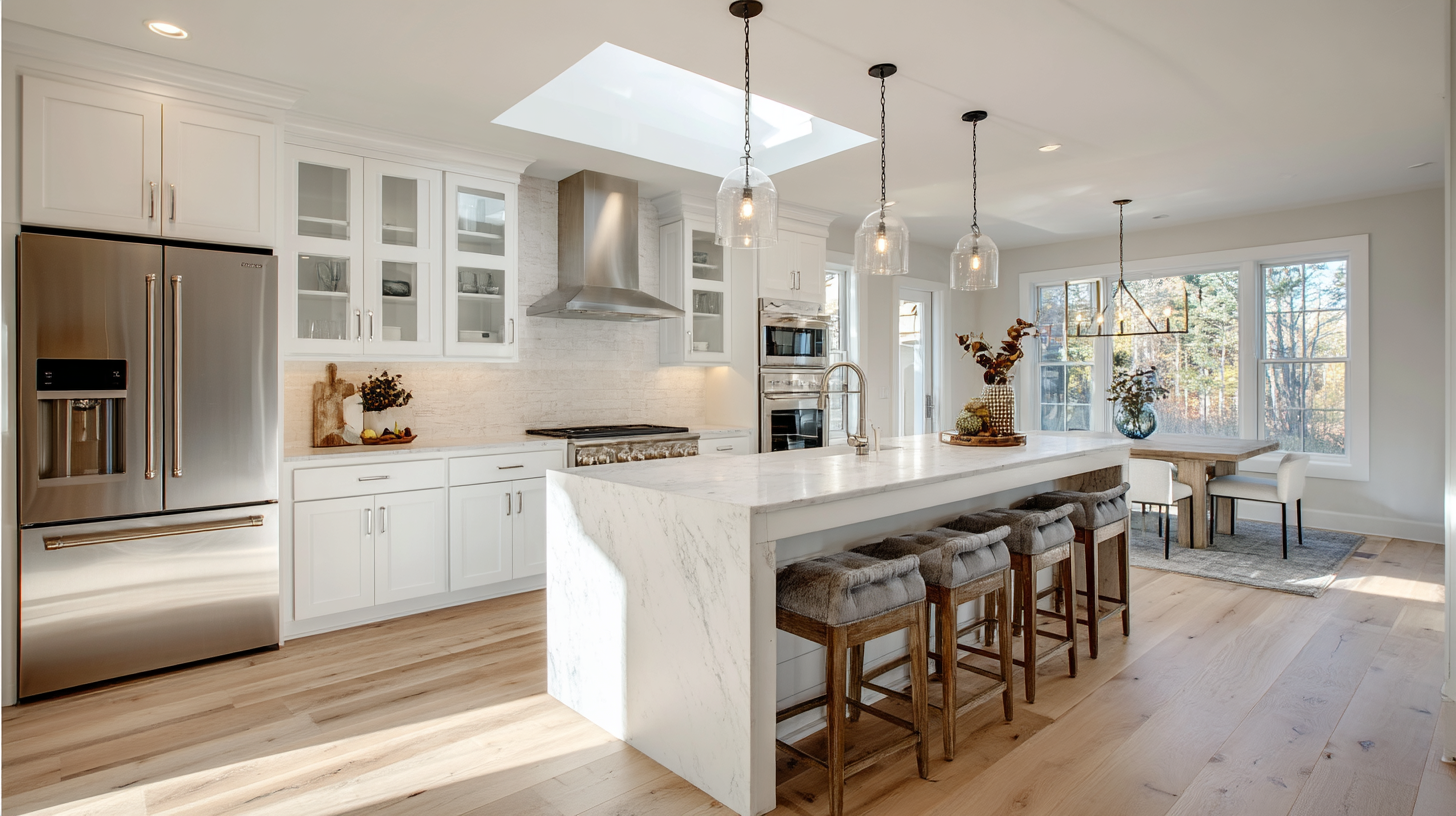
A kitchen remodel financing plan helps many homeowners fulfill the vision of a dream kitchen without draining their emergency fund. By choosing the right financing strategy, you can save money on upfront costs, preserve cash, and spread your payments out in a way that fits your monthly budget.
In 2025, the cost to pay for a kitchen remodel continues to vary widely. According to multiple industry sources, the average cost ranges from about $27,000 to $80,000 for a mid-level kitchen remodel or kitchen renovation. Minor updates may cost $14,500 to $42,000, while high-end full-gut remodels can reach over $135,000. Choosing the right financing options matters more than ever.
Understanding the financing options available, including personal loans, home equity loan products, home equity line access, FHA programs, and other tools, helps you plan wisely. This comprehensive guide covers financing options, loan request considerations, credit approval steps, and ways to avoid surprise expenses, ensuring your kitchen remodeling project stays on budget while achieving your dream kitchen goals.
How Much Does a Kitchen Remodel Cost in 2025
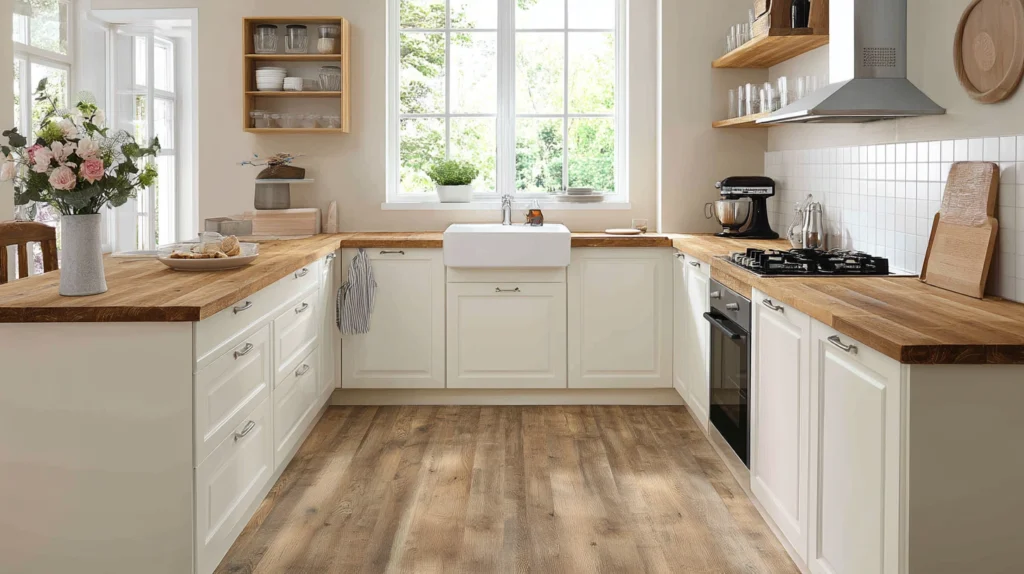
National and Regional Cost Overview
Most homeowners pay between $14,591 and $41,533 for a typical kitchen remodel, averaging about $26,973. A minor kitchen remodel may cost $10,000 to $20,000, while major or complete remodels can run $65,000 to $130,000 or more. Reports also show the total U.S. remodeling spend reached $603 billion in 2024, which reinforces the scale and popularity of investing in kitchen renovations. One recent study showed a median kitchen renovation cost of $60,000 in 2025.
Cost Drivers to Consider
Major cost factors include cabinetry, countertops, appliances, labor, layout changes, permits, and designer fees. For example, contractor and labor fees alone can range from $28,700 to $69,000. More than half of all kitchen remodeling projects are impacted by surprise expenses that blow the initial budget. It’s considered best practice to include at least 10% to 20% wiggle room in your total plan to accommodate the unexpected and stay financially secure.
Why Financing Makes Sense
Using cash alone means you lose liquidity and could significantly deplete your emergency fund. A thoughtfully structured kitchen remodel financing plan allows you to repair, replace, and upgrade key areas of your kitchen without compromising your savings. Financing helps you pay over time through fixed monthly payments or flexible credit-based solutions, and often lets you access lower interest rates from financial institutions. This not only helps protect your cash reserves but also makes room for smart investment in long-term home equity and functionality.
Financing Options That Work for Your Budget
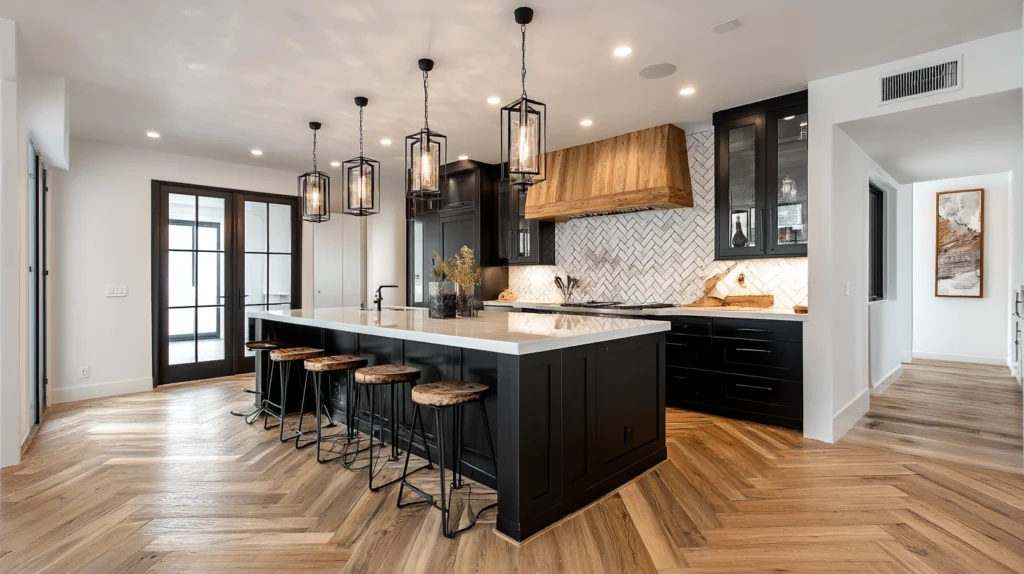
Comparing Financing Options
Here’s how different financing options stack up, and how to navigate each one based on your budget, project size, and credit profile:
Home Equity Loan
A home equity loan gives you a lump sum with fixed monthly payments, fixed payments over a set term, and often competitive interest rates because it is secured by your home equity. Depending on your available equity and credit score, you may qualify for a lower rate than other loan types. Pros include predictable repayment terms and access to a lump sum upfront. Cons include using your home as collateral and covering applicable closing costs. This option is best for projects over $50,000 where you have a clearly defined scope and timeline.
Home Equity Line of Credit (Equity Line of Credit)
An equity line of credit allows you to draw funds as needed, functioning like a credit card secured by home equity. It offers flexibility to handle changing remodel financing needs. You pay interest only on the funds you use, rather than the total approved amount. However, interest rates are variable, and home equity requirements apply. This works well for phased or uncertain kitchen projects.
Personal Loans (Unsecured Loans)
Unsecured loans such as personal loans require no collateral and are approved based on your credit history and credit score. These loans offer fast turnaround, fixed monthly payments, and a clear repayment plan. While they often carry higher interest rates and shorter repayment terms than secured financing options, they work well for smaller kitchen remodels or when home equity is limited or unavailable.
Personal Loan vs. Home Equity Loan Comparison
| Option | Collateral | Rate Type | Typical Term | Best For |
|---|---|---|---|---|
| Home Equity Loan | Home | Fixed lower rate | 5–20 years | Larger remodels, want fixed payments |
| Home Equity Line | Home | Variable | Flexible draw | Projects with phased spending |
| Unsecured Loan | None | Higher fixed rate | 2–7 years | Smaller projects, no equity available |
FHA 203(k) and Federal Housing Administration Programs
FHA 203(k) loans allow you to combine a home purchase or refinance with remodeling costs into one loan that is insured by the Federal Housing Administration. There are two types: Limited 203(k) for non-structural updates up to $75,000, and Standard 203(k) for major renovations with no set cap but a minimum of $5,000. These loans often have more flexible credit requirements, making them an attractive option for those with lower credit scores. You can borrow based on your home’s projected value after the renovation. Repayment terms are typically structured like a mortgage and may include closing costs and mortgage insurance.
Contractor Financing (Same-As-Cash Plans)
Some contractors offer promotional contractor financing or “same-as-cash” deals, which allow you to pay no interest if the balance is paid within a specific time period. These promotions are typically between 6 to 18 months. Pros include fast project starts and zero interest when paid in time. Cons include potentially high interest rates that apply retroactively if the balance is not paid on schedule. This method works well when you have a solid plan and a reliable monthly budget.
Summary of Financing Options
- Home equity loan gives a lump sum with fixed payments when you have available home equity.
- Home equity line gives flexible access to funds with variable interest, best for staggered projects.
- Personal loan offers quick access with fixed monthly payments, good for smaller projects.
- FHA 203(k) financing bundles mortgage and renovation with more lenient credit requirements.
- Contractor financing may offer promotional terms, but read the fine print to avoid prepayment penalties.
Choosing the Right Option
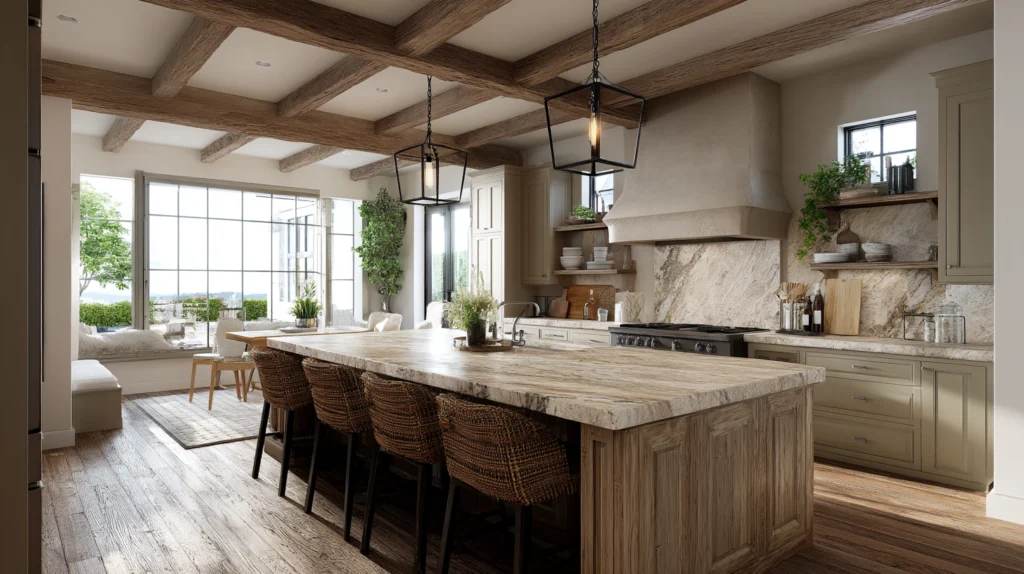
Questions to Ask Yourself
- How much home equity do I have available?
- What is my credit score and full credit history?
- Do I prefer fixed monthly payments or flexible access to funds?
- How quickly do I need the money?
- What size loan amount fits comfortably into my monthly budget?
- Will I remain in my home long enough to realize a return on investment?
Matching Loans to Projects
- Small kitchen remodel ($10,000–$25,000): Personal loans or contractor financing.
- Mid-level kitchen renovation ($25,000–$60,000): HELOC or home equity loan.
- Major or full-gut remodel ($60,000+): FHA 203(k), cash-out refinance, or home equity-based financing.
- First-time buyers or fixer-uppers: FHA 203(k) provides remodel financing combined with a home mortgage.
It is wise to include at least 10% contingency for unexpected issues like surprise expenses. Also consider prepayment penalties, credit approval requirements, and how each loan fits your monthly payments plan and emergency fund needs.
Common Mistakes to Avoid
Ignoring the Application Process and Loan Terms
Many homeowners overlook the importance of reviewing all terms, including repayment terms, interest rates, and conditions from financial institutions or lenders. Read the details of every loan offer carefully.
Forgetting About Closing Costs and Fees
With home equity loans or FHA 203(k) loans, don’t forget to account for closing costs, origination fees, and mortgage insurance.
Using Too Much Equity
Borrowing against too much of your home equity can reduce your financial flexibility and increase long-term risk.
Not Checking Your Credit Report and Score
Your credit score and credit report will directly impact your eligibility, interest rates, and ability to secure competitive loan terms. Check with all three credit bureaus before applying to ensure your credit information is accurate. Those with good credit or excellent credit will typically qualify for the most favorable loan terms.
How America’s Advantage Remodeling Supports Financing
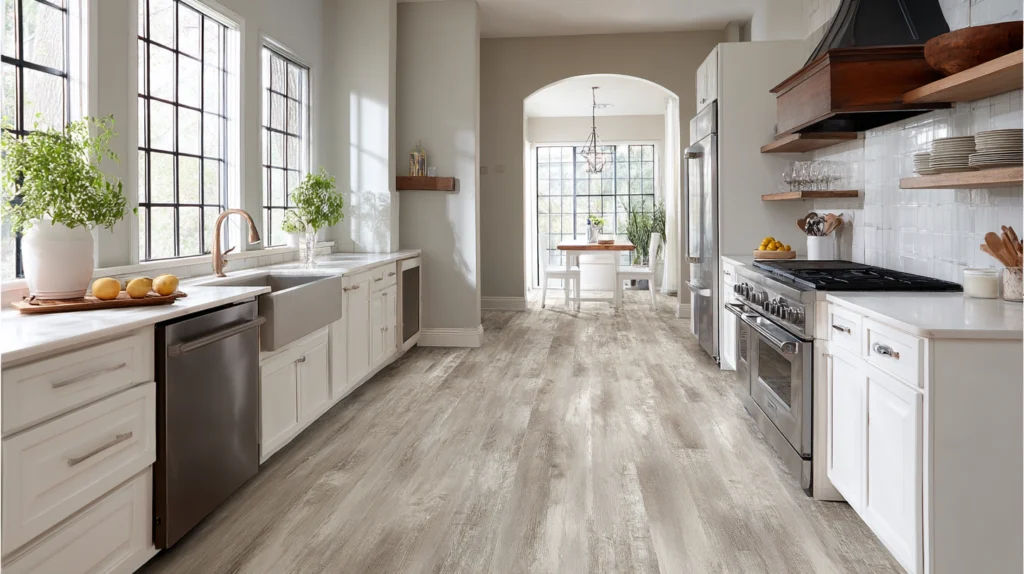
We help homeowners make smarter financial decisions when planning a kitchen remodeling project. From the beginning, we provide transparent, detailed bids that make estimating your total loan amount and monthly payments easier. We work with trusted lenders and financing partners to provide contractor financing options that are designed to suit your timeline and budget.
Whether you’re applying for unsecured loans, requesting a home equity loan, or pursuing government-backed financing options, our team helps guide you through the credit approval process. We believe in remodeling smarter, combining creativity, craftsmanship, and financing know-how to bring your new kitchen to life.
Frequently Asked Kitchen Remodel Financing Questions
What credit score is needed for a loan?
Most lenders require a credit score of 620 or higher for home equity loans or personal loans. FHA 203(k) loans are available for those with lower credit scores, typically starting at 580, or even as low as 500 with a higher down payment.
Can I use a HELOC for a kitchen remodel?
Yes, a home equity line is commonly used to fund a kitchen remodel. This gives you flexible access to funds, but interest rates are usually variable.
How long does it take to get financing?
- Personal loans: usually approved within a few days
- Home equity loans and HELOCs: typically 2 to 4 weeks
- FHA 203(k): 30 to 60 days, especially if a renovation consultant is involved
Are interest rates lower for secured loans?
Generally yes. Loans secured by home equity tend to offer lower interest rates than unsecured personal loans.
Will I face prepayment penalties?
Some loan types and lenders include prepayment penalties. It’s important to ask during the application process and compare terms before finalizing your plan.
Ready to Remodel?
A successful kitchen remodeling project in 2025 starts with smart kitchen remodel financing. Whether you’re using personal loans, home equity financing, FHA programs, or contractor financing, there’s a solution to match your credit profile, budget, and project timeline.
Let’s create your dream kitchen, on your terms, and within your budget. Contact our team today to start planning your kitchen project and explore financing options that align with your goals.
CONTACT US
Our Services
Areas We Serve
Certificate
